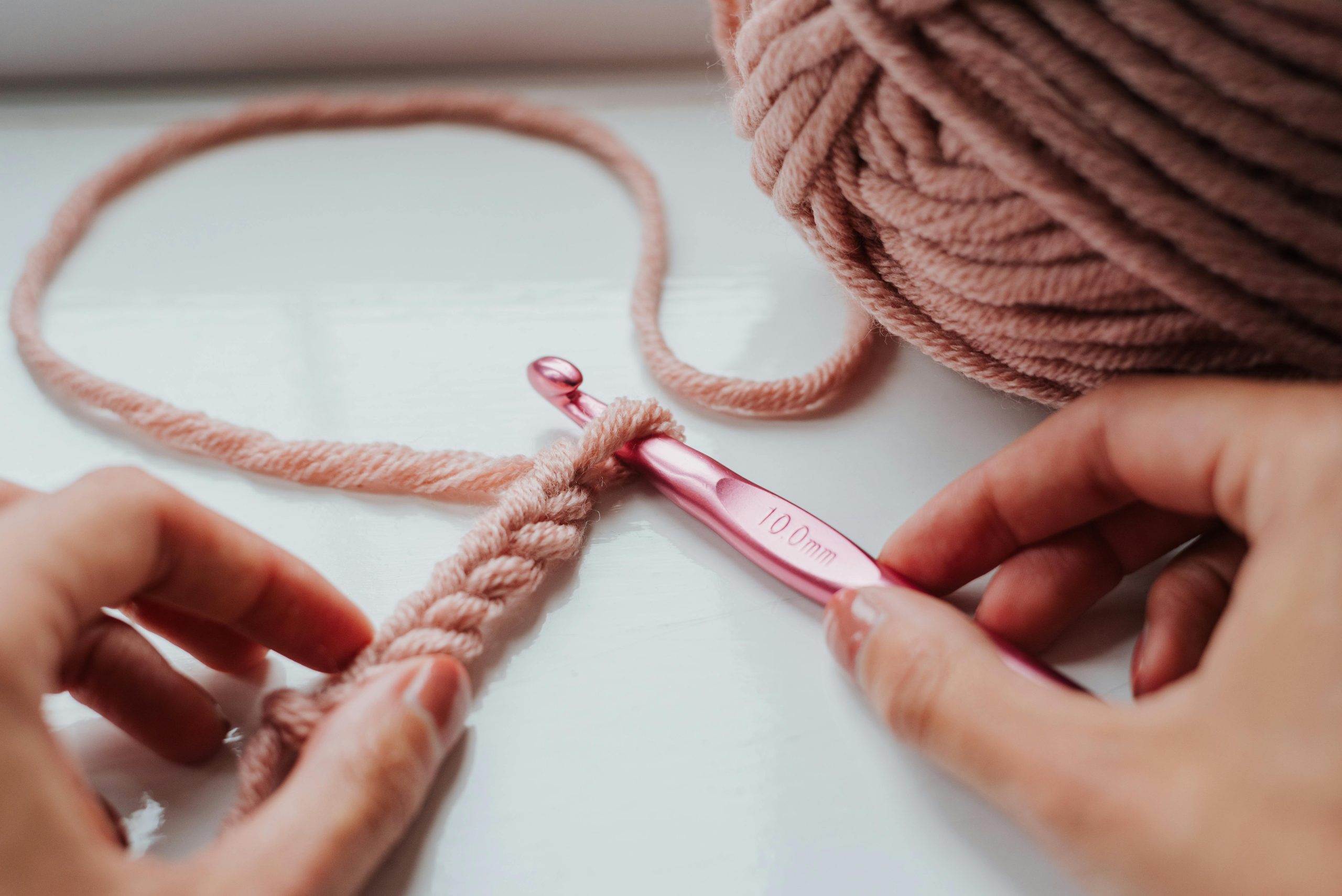A burning smell coming from your sewing machine can be alarming and concerning. Not only does it affect your sewing experience, but it may also indicate a potential safety hazard. Understanding the reasons behind the burning smell in your sewing machine is crucial for identifying and resolving the issue. In this article, we will explore the possible causes of a burning smell in a sewing machine and provide insights into troubleshooting and mitigating these problems. By addressing the underlying causes, you can ensure the safety and optimal performance of your sewing machine.
1. Overheating Motor
One of the common reasons for a burning smell in a sewing machine is an overheating motor. Sewing machine motors can overheat due to various factors, including prolonged use, excessive friction, or inadequate ventilation. Here are some key points to consider regarding an overheating motor:
- Operating Duration: Sewing machines are designed for intermittent use, and prolonged sewing sessions can cause the motor to overheat. Take regular breaks during extended sewing periods to allow the motor to cool down.
- Inadequate Ventilation: Ensure that your sewing machine is placed in a well-ventilated area. Avoid obstructing the air vents or placing the machine on surfaces that can restrict airflow, such as thick carpets or fabrics.
- Lubrication: Proper lubrication of the sewing machine’s moving parts can help reduce friction and prevent the motor from overheating. Follow the manufacturer’s instructions for lubrication, and use the recommended oil or lubricant.
- Cleaning: Regularly clean the sewing machine to remove accumulated dust, lint, and debris. These can hinder the motor’s performance and cause it to work harder, leading to overheating.

2. Incorrect Needle or Thread Usage
Using incorrect needles or threads can also contribute to a burning smell in a sewing machine. The wrong combination of needle and thread can cause excessive friction and generate heat, resulting in a burning odor. Here are some key points to consider regarding incorrect needle or thread usage:
- Needle Size: Ensure that you are using the correct needle size for the fabric you are sewing. Using a needle that is too small or too large for the fabric can cause it to rub against the fabric excessively, leading to heat buildup.
- Thread Weight: Match the thread weight to the needle size and fabric. Using a thread that is too thick or heavy for the needle can cause increased resistance and generate heat during sewing.
- Quality of Thread: Cheap or low-quality threads may have inconsistent thickness or contain impurities that can cause friction and contribute to a burning smell. Opt for high-quality threads from reputable brands.
- Thread Tension: Improper thread tension can affect the movement of the fabric and needle, leading to excessive friction. Check and adjust the thread tension according to the sewing machine’s manual and the fabric being used.

3. Belt Slippage or Tension Issues
If your sewing machine utilizes belts for power transmission, belt slippage or tension issues can result in a burning smell. When the belts are loose, worn, or incorrectly tensioned, they may slip and generate friction, causing overheating and a burning odor. Here are some key points to consider regarding belt slippage or tension issues:
- Belt Inspection: Regularly inspect the belts in your sewing machine for signs of wear, cracks, or looseness. Replace any worn or damaged belts promptly to ensure proper power transmission.
- Belt Tension Adjustment: Refer to your sewing machine’s manual for instructions on adjusting the belt tension. The belts should be properly tensioned to prevent slippage and excessive heat generation.
- Belt Lubrication: Some sewing machine belts may require lubrication to reduce friction. Consult the manufacturer’s guidelines for the appropriate lubrication method and the type of lubricant to use.

4. Electrical Issues
Faulty electrical components or wiring problems can also cause a burning smell in a sewing machine. Electrical issues can pose serious safety risks and should be addressed promptly. Here are some key points to consider regarding electrical issues:
- Power Supply: Ensurethat your sewing machine is connected to a stable and appropriate power supply. Fluctuations in voltage or using an incorrect power source can cause electrical problems and generate a burning smell.
- Inspect Electrical Components: Regularly inspect the electrical components of your sewing machine, such as the power cord, foot pedal, and control panel, for any signs of damage or wear. Replace or repair any faulty components to prevent further issues.
- Professional Inspection: If you suspect electrical problems with your sewing machine, it is recommended to consult a professional technician or electrician for a thorough inspection and repair.
5. Other Factors
In addition to the above-mentioned reasons, there are a few other factors that can contribute to a burning smell in a sewing machine. These include:
- Excessive Friction: Check for any areas of the sewing machine where parts may be rubbing or grinding against each other. Apply lubrication or seek professional assistance to resolve the issue.
- Foreign Objects: Sometimes, foreign objects like broken needles, pins, or fabric scraps can get lodged in the machine, causing obstruction and friction. Clean and inspect the sewing machine regularly to remove any debris.
- Motor or Wiring Defects: In rare cases, manufacturing defects in the motor or wiring can lead to overheating and a burning smell. If your sewing machine is relatively new and the issue persists, contact the manufacturer or authorized service center for assistance.

Conclusion
Experiencing a burning smell in your sewing machine can be worrisome, but understanding the potential causes can help you address the issue effectively. Regular maintenance, proper needle and thread selection, and attention to electrical components are essential for preventing overheating and maintaining the optimal performance of your sewing machine. If the burning smell persists or you are unsure about how to resolve the problem, it is always advisable to seek professional assistance. By taking proactive measures and promptly addressing any issues, you can ensure a safe and enjoyable sewing experience.
Leave a Reply